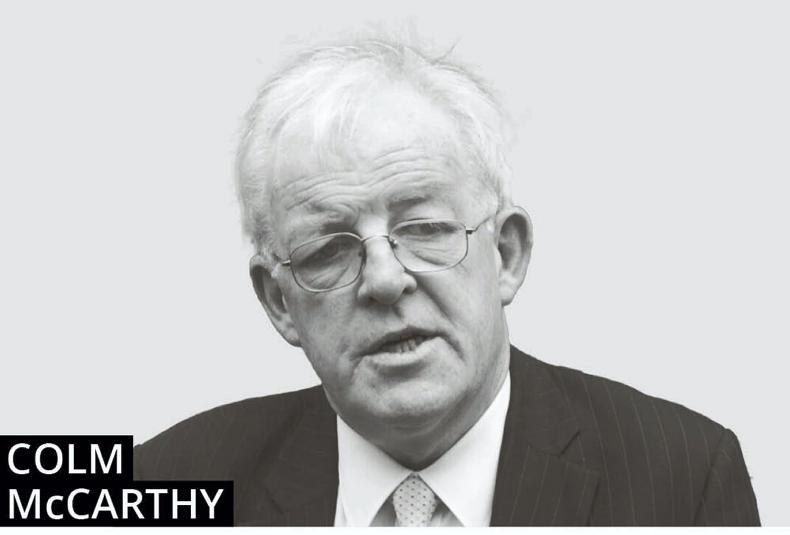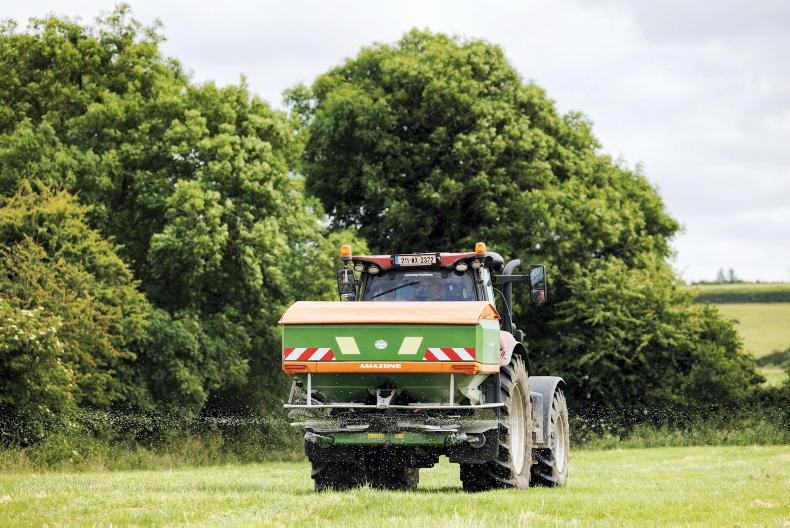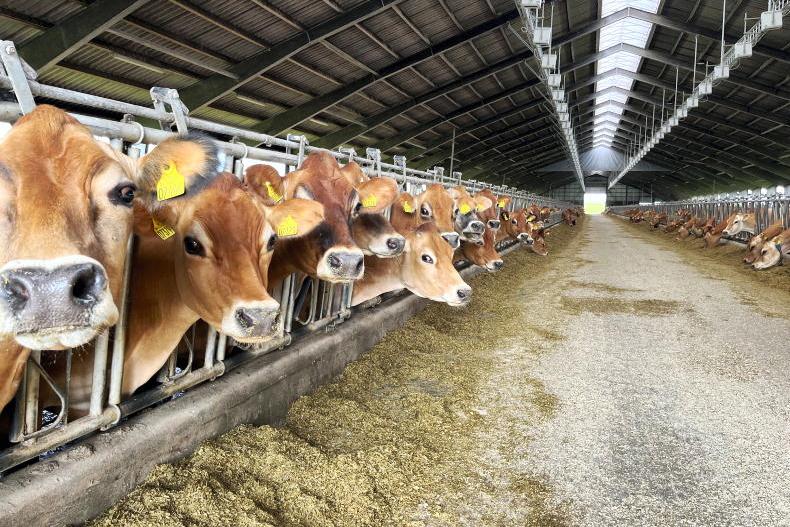Last week, the editor wrote about the possibility of common ground on agricultural policy between the Green Party and the farming community, based on his reading of a policy document from the European Greens. As the talks for a new government move towards a conclusion, I would like to share an economist’s reaction to some other policy positions of the Green Party.
It is important to stress that the alarm amongst the Greens about inadequate policy action on climate change is widely shared in the economics profession both, in Ireland and around the world. Governments have done too little and far more effort is required in the next decade. All concerned citizens should welcome the Greens’ urgency on the biggest issue facing this generation.
Eamon Ryan, the Green Party leader, gave an interview to Monday’s Irish Examiner that focused on transport policy. Some of the Green transport agenda makes perfect sense and some is just exasperating.
Eamon has it right on aviation, but has got the wrong end of the other two issues
Ryan made three points; his desire to address the absence of any form of consumer taxation on the aviation industry, his reservations about the planned M20 motorway linking Limerick to Cork and his support for a Luas-type light rail system on Leeside. Eamon has it right on aviation, but has got the wrong end of the other two issues.
Aviation
Airlines and airports will see reduced patronage for the next few years and there will be less talk about carbon emissions from air transport. But Ryan believes that some form of consumer-end taxation on airline tickets is justified in due course and he has a strong point.
A ticket tax a few years from now should be seen as an interim measure
Jet fuel pays no excise duty whatsoever and there is no VAT on airline tickets. He favours a flat ticket tax as soon as the industry recovers, but a better strategy would be an excise on jet fuel, favoured by the European Commission. A ticket tax a few years from now should be seen as an interim measure.
M20
The national motorway network is the most appreciated legacy of the great Irish bubble. But it is incomplete – while the Limerick to Galway route has finally been accomplished, the M20 linking Limerick to Cork fell victim to the capital programme cutbacks following the 2008 financial crash.
These are the second and third biggest cities in Ireland and the existing road link is inadequate. Since the Greens intend that the car fleet will eventually be electric and the power system will migrate to renewables, their antipathy to road investment is curious.
If the Green agenda is accomplished, road transport will become low carbon. Ryan wants to have a high-speed railway line between Cork and Limerick, which would cost more than the road and would attract less patronage. A decent M20 would bring relief to the tortured towns along the way and deliver a one-hour bus timetable.
The construction of the motorways has enabled a boom in intercity public transport for State and private bus operators, without subsidy
The Greens are obsessed with railways for some reason; buses are the cheapest and the most popular form of public transport.
The construction of the motorways has enabled a boom in intercity public transport for State and private bus operators, without subsidy. Are the Greens unhappy about this? Are they aware that the train journey from Limerick to Galway, along a new single-track line built at heavy cost, is slower and less frequent than the bus service along the motorway, and – not surprisingly – less popular?
Light rail system
Ryan’s Irish Examiner interview also contained an endorsement of a light rail system for Cork and some of his party colleagues want Luas-type systems, – un-costed of course – in Limerick and Galway. About €1bn has been spent on the light rail system in Dublin, which serves only a small portion of the overall market. Many Luas customers have been diverted from the bus routes and the costs and benefits have never been independently assessed.
It is inevitable and accepted by the Greens, as well as by Fine Gael and Fianna Fáil, that the new government will have to bring the public finances back into balance
The economics of light rail in large cities are problematic and it is hard to believe that a tram system for Cork would pass a cost-benefit test. As with so many other capital projects around the country, the political endorsements never carry any conditionality about costs and benefits.
It is inevitable and accepted by the Greens, as well as by Fine Gael and Fianna Fáil, that the new government will have to bring the public finances back into balance over its lifetime. A monster deficit is already building for 2020 and there will be spill-over into 2021, even if the COVID-19 crisis has abated.
There will be huge pressure on the capital plan over the next few years
The control of current spending is a challenge for democratic politicians everywhere and they often choose instead to cut back State capital spending.
This was the pattern after the public finance crisis in the late 1980s and again a decade ago. There will be huge pressure on the capital plan over the next few years and marginal projects will have to be sacrificed, Greens or no Greens.










SHARING OPTIONS